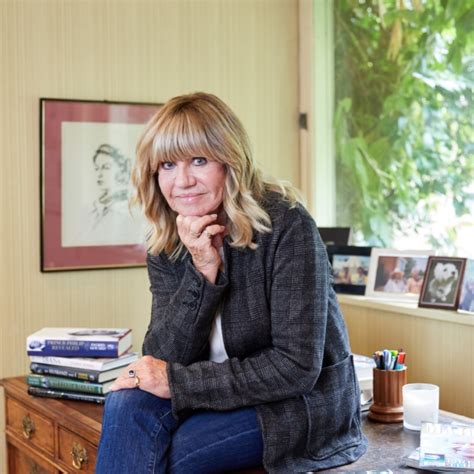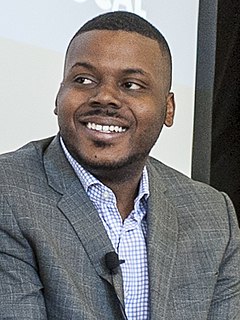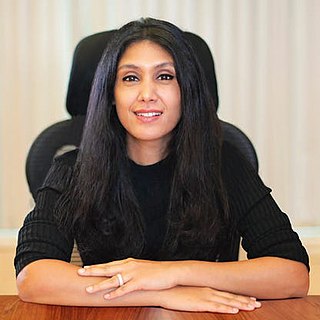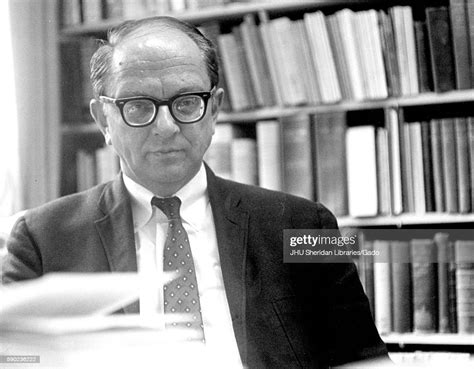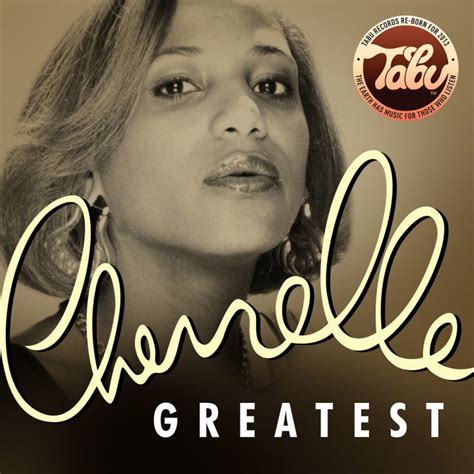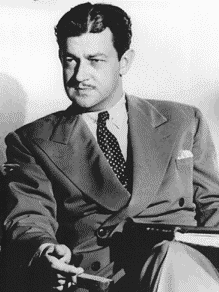A Quote by Pankaj Kapur
My wife and I often have debates about who studied in a better school and when I list KVM alumni, she kind of loses the argument.
Related Quotes
I could give you a long list of things I like about Britain, but essentially what it comes down to is that I feel about Britain the same way I feel about my wife. I'm crazy about my wife - we just kind of suit each other. I wouldn't say that she's the most fantastic human being that's ever lived, but she is for me.
Schools like Doon or Lawrence in Sanawar didn't decide to create leaders when they started. Look at their alumni list today, and you have a former prime minister, Olympic gold medallist, army generals, cabinet ministers, and leaders in different spheres. Some kind of training started at the school level itself that helped create leaders.
I didn't date my wife in high school, but she was definitely by far the coolest woman there. She was definitely the most beautiful, but she also marched to the beat of her own drummer. I was in New Orleans 10 years after high school and my friend played matchmaker with us, and that's kind of how we got together.




